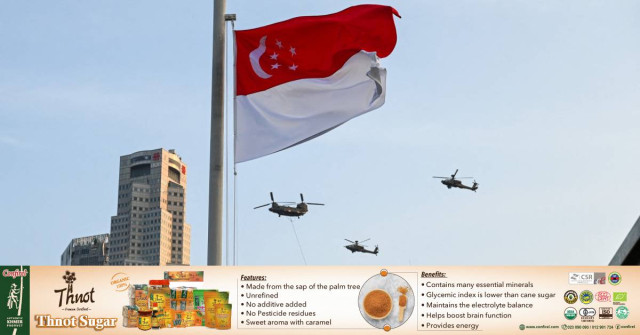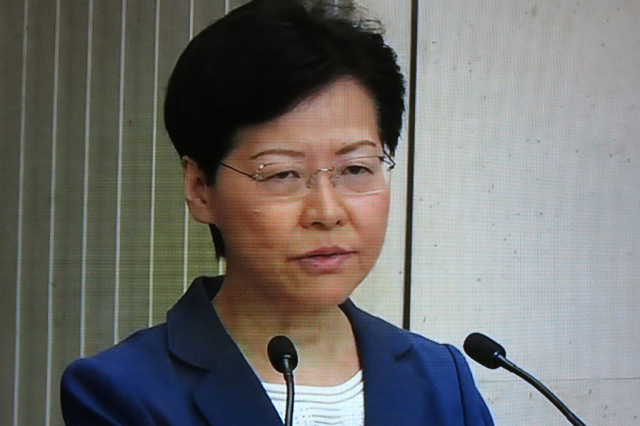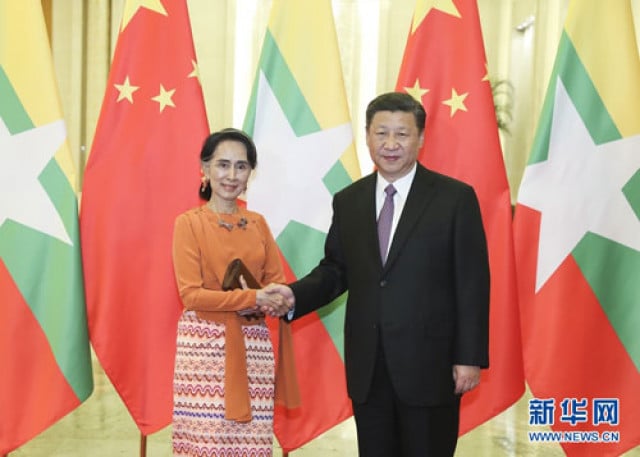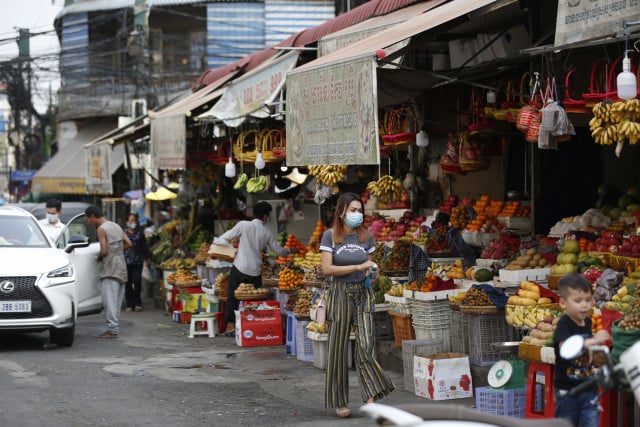Asian Democracy: Are Semi-Authoritarian Regimes like Singapore More Conducive to “Good Governance”?

- By Manghout Ki
- December 12, 2023 8:50 AM
The concept of democracy in Asia has undergone modifications concerning its values and political culture. The fundamental components of a liberal democratic system are liberal participation and electoral contestation, as per its definition.
In terms of liberal participation, civil liberties are crucial in democratic governance, which conceptually denotes a political milieu that enables individuals to exercise various freedoms within the framework of legal regulations.
The freedom of the press and speech enables media organisations and civil society entities to scrutinise and criticise governmental policies without incurring legal repercussions or apprehension. Regarding electoral competition, the election must be conducted in a highly transparent environment, characterised by freedom, fairness, significance, and regularity, and with the involvement of both domestic and foreign observers.
In many countries with high democratic standards, such as Australia and the United States, the electoral process typically involves the participation of major political parties in a competitive manner. Upon losing an election, a political party typically acknowledges the outcome and assumes the role of a loyal opposition party.
Regrettably, except for South Korea, Taiwan, and, to a lesser degree, Japan and Indonesia, most Asian nations lack robust democratic governance standards, primarily attributable to their cultural and value systems. The term “Asian democracy” typically pertains to nations that exhibit characteristics of semi-democratic systems, such as Singapore and Malaysia. The absence of liberal participation characterises these countries, but they hold regular and competitive elections.
The ex-Prime Minister of Singapore espoused that the founder of "Asian values" prioritised order, stability, and economic development. He effectively demonstrated his country's ability to achieve a high level of prosperity and a low level of corruption, positioning it among the most prosperous nations globally. This concept has received support from additional Asian leaders, including Mahathir, the former Prime Minister of Malaysia, and confident African leaders, who have used it to legitimise their respective governments. Therefore, it is common in many Asian nations for a single prominent political party or military force to hold sway over the government, enabling swift suppression of opposition and civil society organisations that impede the progression towards democratic governance.
In Singapore, the People Action Party (PAP) has consistently emerged victorious in elections, and individuals are prohibited from expressing dissent towards the government, as such actions may result in legal ramifications. Allegations of rigging or the absence of a credible opposition party often mar the conduct of elections. The opposition party in Singapore typically comprises politicians who have resigned from the People's Action Party (PAP) to establish a subordinate political party. This phenomenon has been deemed illegitimate by international observers.
In addition to values, the Asian community also possesses a distinct political culture about democracy, whereby they tend to acknowledge the uniqueness of Asian democracy compared to other forms. Diamond posits that “political culture” refers to the attitudes and behaviours of individuals about a political system.
In some areas of Asia, a prevalent belief prioritises the enhancement of living standards over the values of liberty and democratic governance. The populace of Singapore tends to express contentment with the present governance helmed by the People's Action Party, provided that their quality of life exhibits positive growth.
In brief, "Asian democracy" is a concept subject to interpretation and may differ across various nations; notwithstanding, specific shared characteristics exist, including a singular dominant political party, the lack of civil liberties, and a focus on economic advancement.
Before delving into the topic of governance in Singapore, it is imperative to establish a clear definition of governance and good governance. The notion of “governance” is distinct from that of government regarding how a government elects to administer a nation. As per the World Bank and International Monetary Fund (IMF), establishing good governance necessitates the presence of at least six indicators.
Initially, the concepts of voice and accountability primarily connote the complete and unrestricted presence of civil liberties and disputed electoral processes. Furthermore, political stability and the absence of violence are essential prerequisites for a country. If the opposing political party is unsuccessful in an election, it is not customary for them to engage in a coup d'état to depose the duly elected government.
The effectiveness of the government is a crucial aspect of good governance, as those in positions of authority must exhibit their ability to provide public services that satisfy the electorate to a significant extent. The fourth factor pertains to the imposition of regulatory burden, wherein government regulations and taxes are deemed necessary to attain diverse economic and social objectives advantageous to the populace. Foreign investors seeking to invest in high-rise buildings in Singapore must incorporate green design principles into their facilities to address the issue of global warming and achieve sustainable development objectives.
The fifth principle pertains to the rule of law, which denotes the supremacy of the law over all entities, including the three branches of government. Individuals who breach or disregard the law will be subject to severe repercussions. Finally, it is imperative to note that corruption-related activities are unacceptable, and it is necessary to impeach and penalise government officials who exploit their authority for personal benefit.
In Singapore's governance context, it can be observed that the nation has met nearly all of the six indicators, except the initial indicator, namely voice and accountability. The nation in question is characterised as a semi-democratic state, with the People's Action Party (PAP) having maintained its hold on governance since its inception. As a result, a need for significant opposition parties vying for electoral power exists. In addition, criticising the government is met with a zero-tolerance policy, thereby indicating a lack of freedom of expression and civil liberties.
Nonetheless, the government has demonstrated proficiency in other domains, including upholding the rule of law and addressing corruption, constituting the primary determinants of the outstanding governance evaluation. Over the past decade, Singapore has consistently ranked among the top ten countries with the lowest levels of corruption according to the Corruption Perception Index (CPI). This is attributed to its civil servants' high salaries and luxurious living standards.
To illustrate, in 2017, Singaporean ministers are believed to be paid the highest salary globally, at around S$1.1 million or US$740,000 annually, including bonuses. Therefore, the country's governance is not yet flawless when examining Singapore from a global perspective. From the standpoint of Singaporean and Asian perspectives, it could be argued that Singapore has achieved satisfactory good governance.
Ki Manghout is a Research Fellow at the Center for Advanced Research and Legal Studies (CARLS) at the Asian Vision Institute (AVI)















